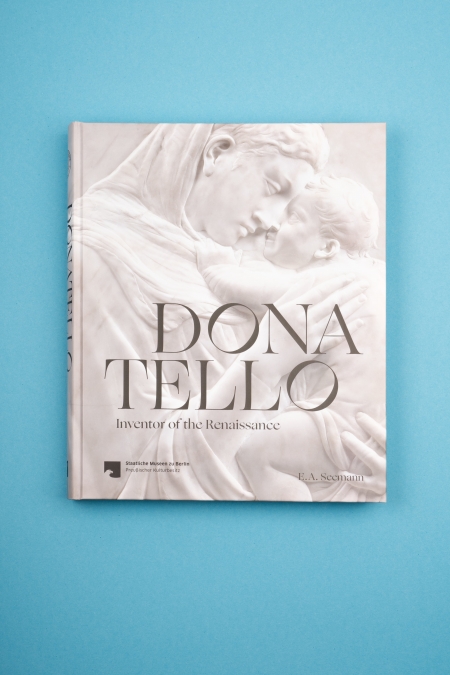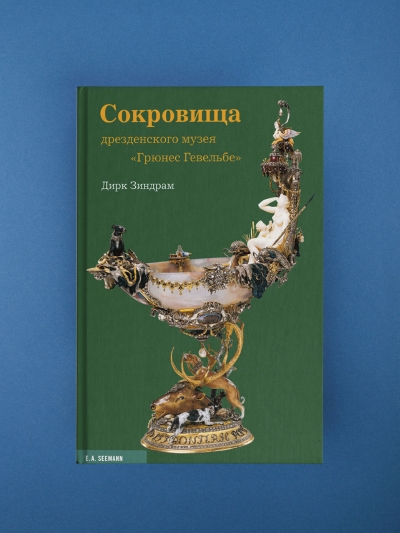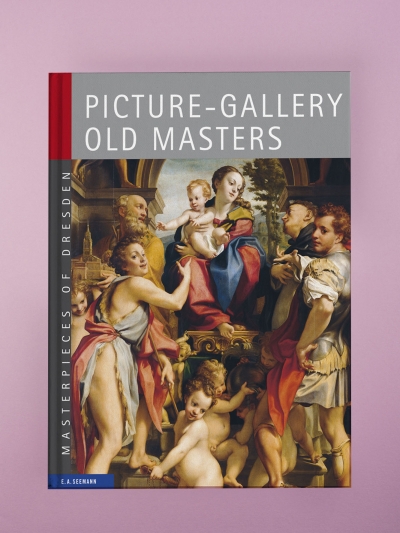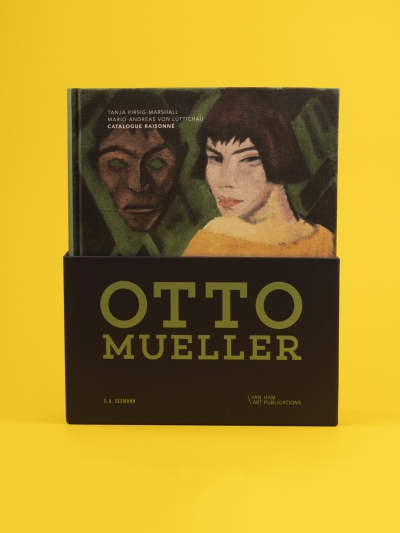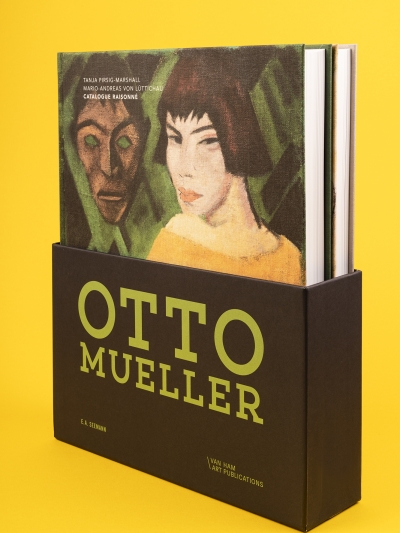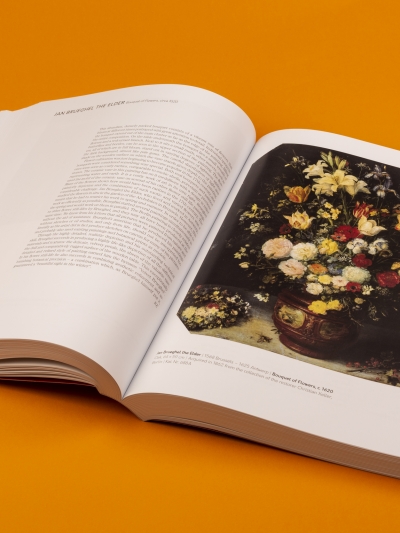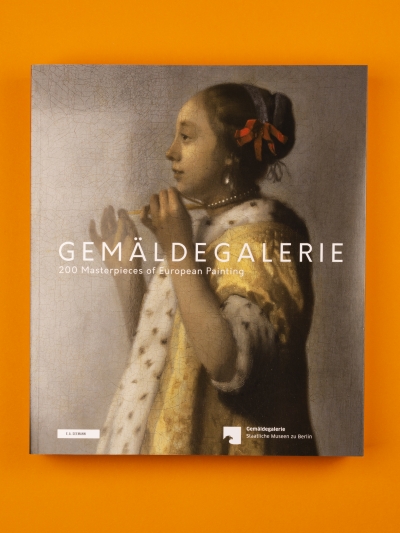The definitive catalogue on the exceptional artist
The Florentine sculptor Donatello (ca. 1386–-1466) was –– together with Leonardo da Vinci, Michelangelo and Raphael –– one of the first and most important representatives of the Italian Renaissance. With his revolutionary sculptures, bas-reliefs, terracottas and medals, he shaped the style of an entire era. This catalogue accompanies the special exhibition ““Donatello. Inventor of the Renaissance“” in the Berlin Gemäldegalerie, which commemorates the exceptional artist -– for the first time in almost 40 years and for the first time in Germany. The comprehensive catalogue to the Berlin exhibition traces his artistic development, provides a richly pictorial overview of his entire oeuvre and conveys how groundbreaking Donatello’’s art actually was.
- Exceptional artist and innovative genius
- The catalogue for the first major exhibition in 40 years!
- Artworks from the most important Donatello collections worldwide
- From the bronze David to the equestrian statue of the Gattamelata: revolutionary sculptures, bas-reliefs, terracottas and medals
- Florence and the Medici: the fascinating background of Donatello’s work
The most influential sculptor of his time
The work of Donatello had an influence on the development of Renaissance art altogether, of which paintings were no exception. First mentioned by name in 1401 during a brawl in Pistoia, the young artist worked his way up from apprentice to one of the most sought-after sculptors in Italy. His contemporaries already recognised his artistic distinctiveness and patrons from all over Italy – including Pope Eugene IV and Cosimo deʼ Medici – sought out his works. Donatello was extraordinarily inventive and a versatile innovator who tirelessly explored new techniques, materials and aesthetic expressions. Many outstanding masterpieces contributed to his fame: among them the marble statue of Saint Mark at Orsanmichele, his bronze David, the first free-standing nude figure since Antiquity, or his monumental equestrian statue of the Gattamelata. He was one of the first to rediscover terracotta as an artistic material and pioneered the bas-relief technique. Donatello’s sculptural works, in which he combined classical sensuality with Christian morality and humanism, convey a special effortlessness and playfulness. His expressive technique, with which he captured a broad repertoire of human emotions, was extraordinary and had a significant influence on 15th-century sculpture.
The works from the most important Donatello Collections worldwide
This extensive overview of his oeuvre highlights not only his sculptures but also other aspects of his work: paintings, medals and casts in plaster. The accompanying essays discuss, for instance, his artistic innovations, the important patrons as well as new interpretations of some of his most important works. The Berlin catalogue is the result of a unique collaboration between the Palazzo Strozzi and the Bargello National Museum in Florence, the Victoria and Albert Museum in London and the Staatliche Museen zu Berlin. Together, these museums hold the largest collection of Donatello’s works. The exhibition and catalogue are also complemented by a number of works loaned by international museums. With essays by Francesco Caglioti, Laura Cavazzini and Aldo Galli, Georges Didi-Huberman, Frank Fehrenbach, Thomas W. Gaehtgens, Whitney Kerr-Lewis and Neville Rowley.
